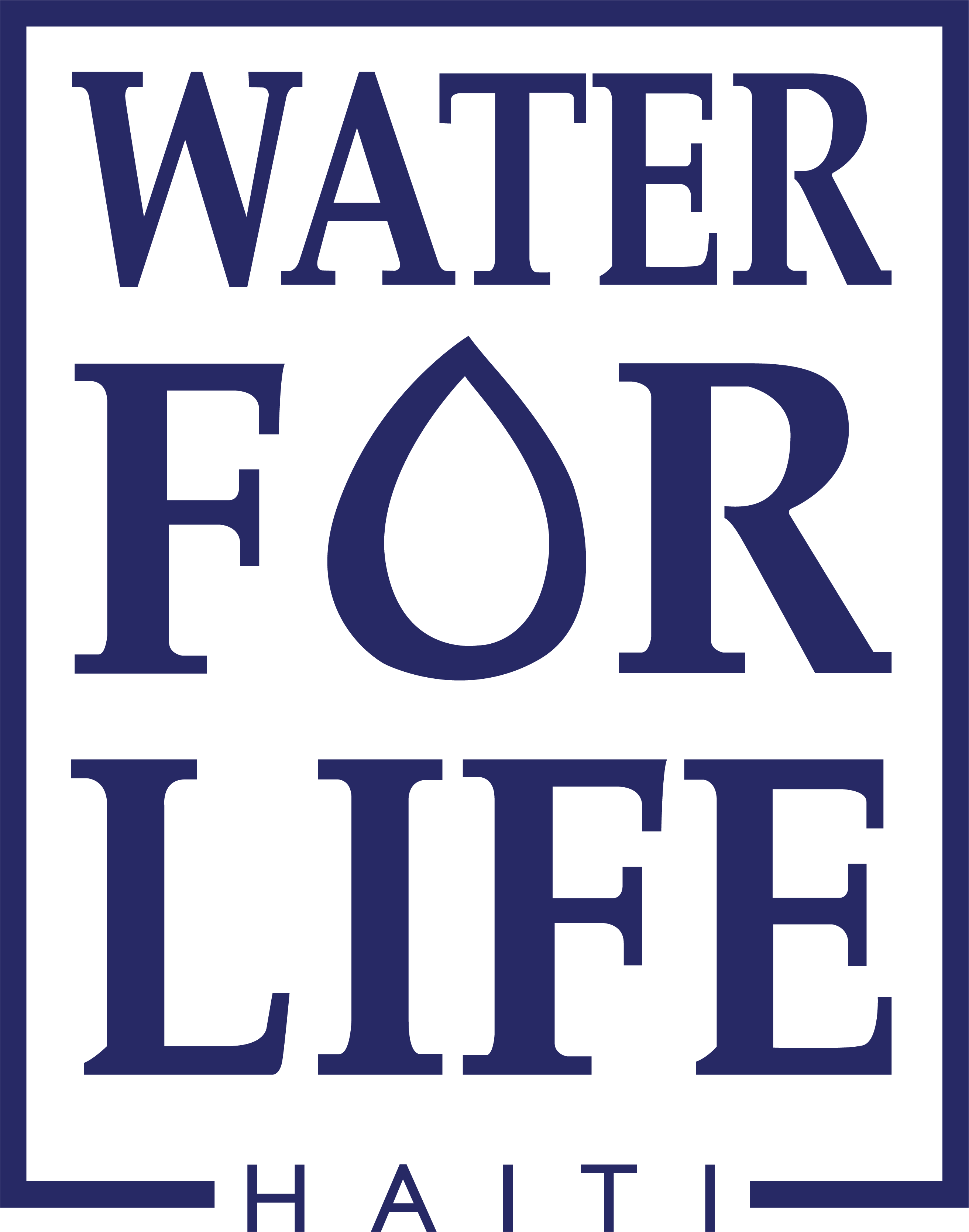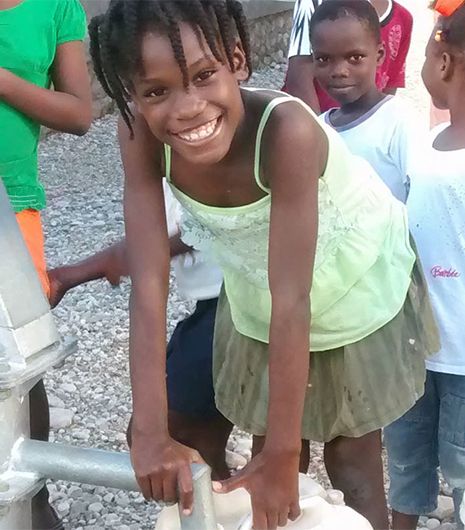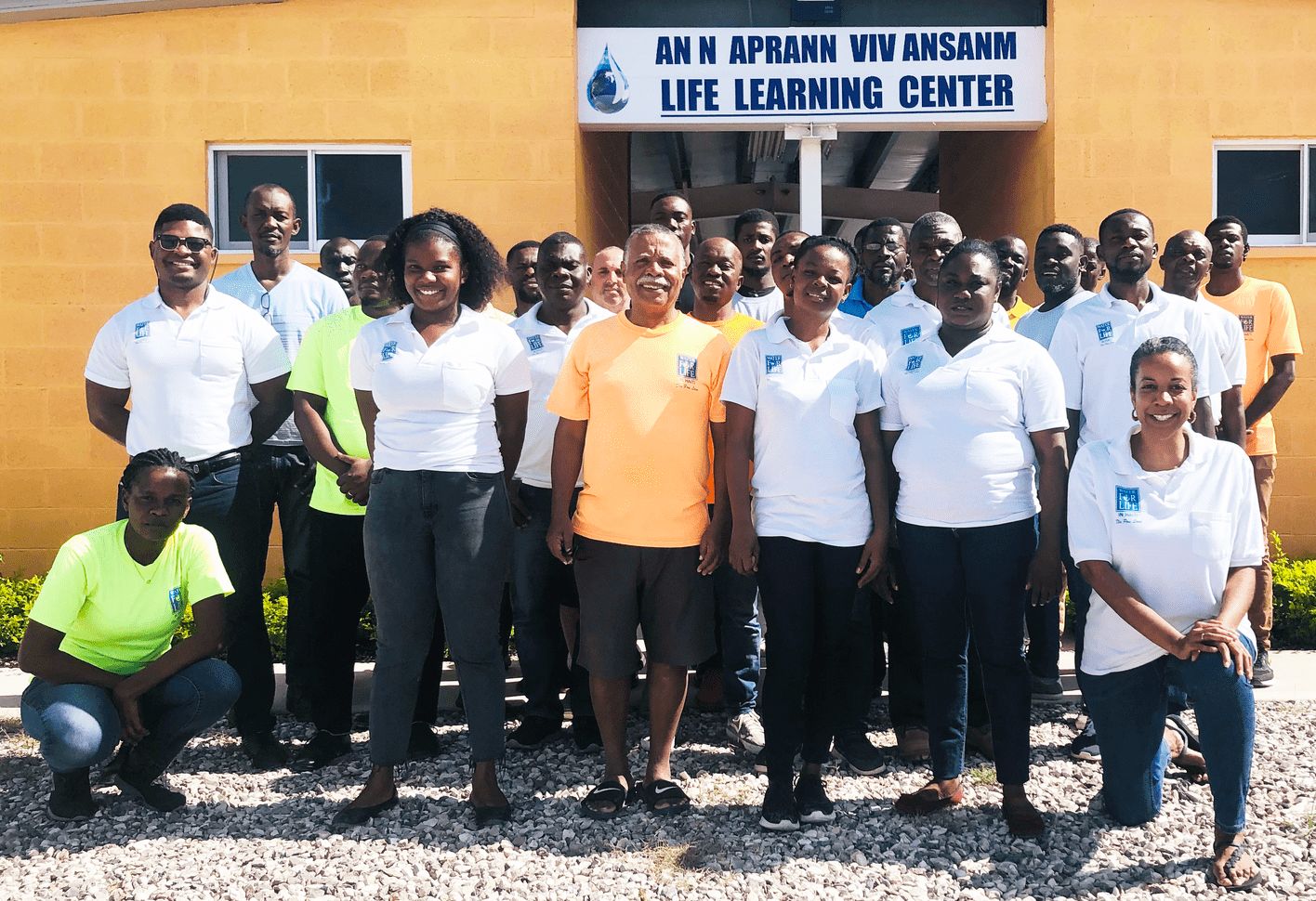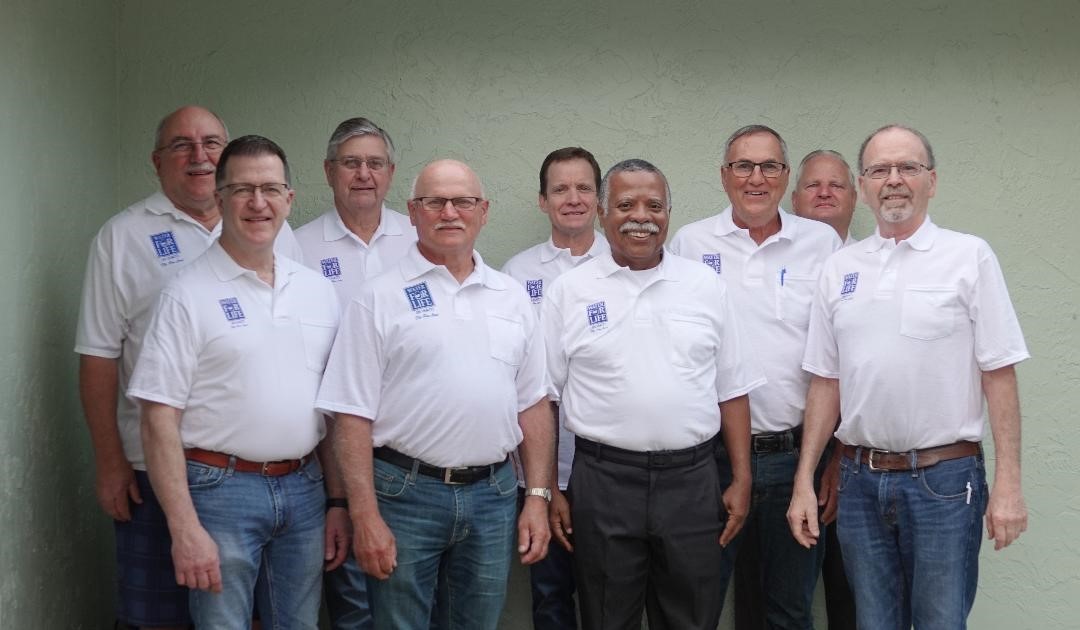Water For Life's aim is to provide clean drinking water, irrigation for farming opportunities, education and other means of assistance to the people of southern Haiti.
We got our start in 1983 after our founder, Willis E. Miller from Kalona, Iowa, who had a passion for providing clean water in rural Haiti, had spent 10 years drilling for other organizations. When he started Water for Life, his plan was to keep the hand pumps maintained and serviced.
Amazingly, we discovered that the community where we got our start sat on the edge of a great underground water supply! Meanwhile above ground, conditions were close to desert-like. We drilled large-capacity wells that produced enough water to irrigate land. Since then, villagers who rent parcels of land from local landowners pay for the fuel to operate irrigation motors run by diesel generators.
In this same rural community, we were repeatedly asked if we couldn’t start a school. As a result, for many years we had a small school that went through 6th grade. Today the school is for preschool through high school, currently with over 600 students altogether.
Along with that, we operate a child sponsorship program that helps to fund the school and benefit the affected families by lowering the costs for their children’s tuition.
In 2013, we began to do mobile medical clinics from time to time. In 2015 we developed a plan to do them about every 6 weeks using Haitian doctors, nurses and other staff, becoming a team of about 25 people going to rural areas where health care was difficult to come by, providing dentistry, gynecology, ophthalmology, pediatrics and general care to the communities where we go. Currently, despite challenging circumstances in Haiti, we are still doing the mobile clinics but less often.






